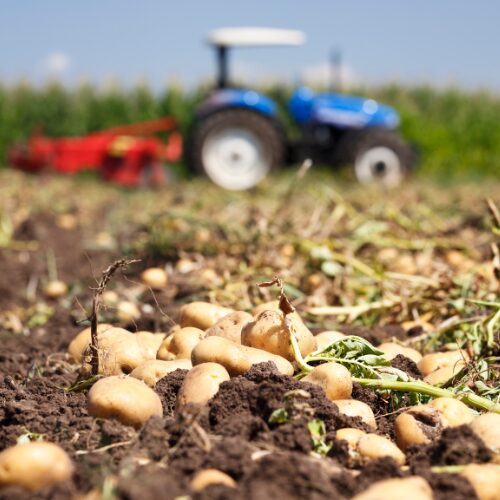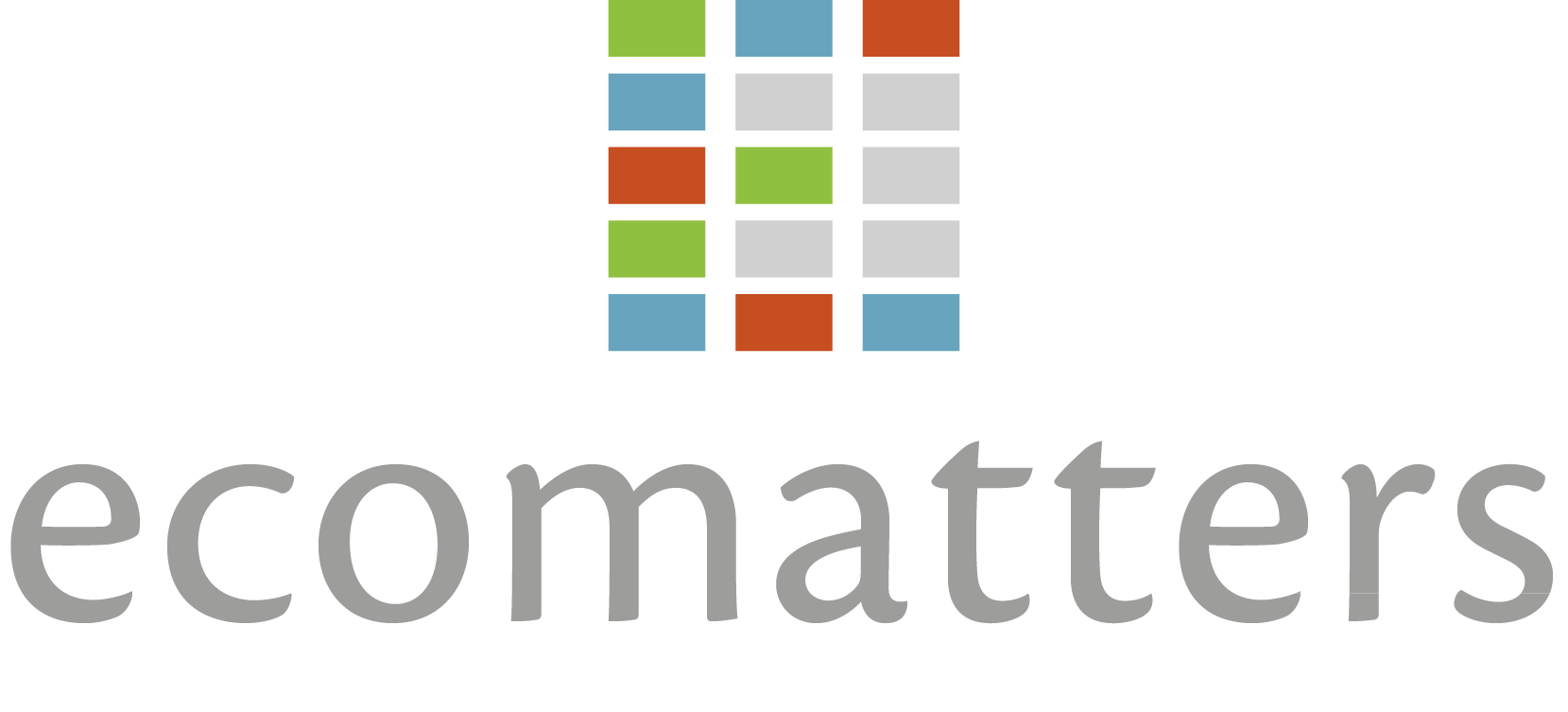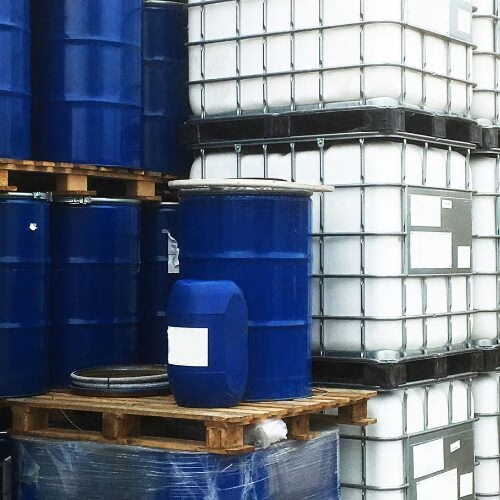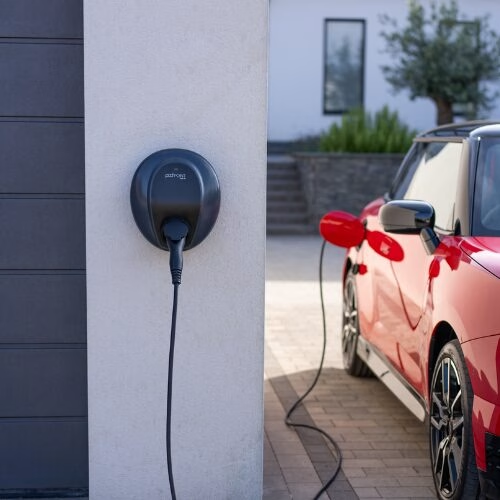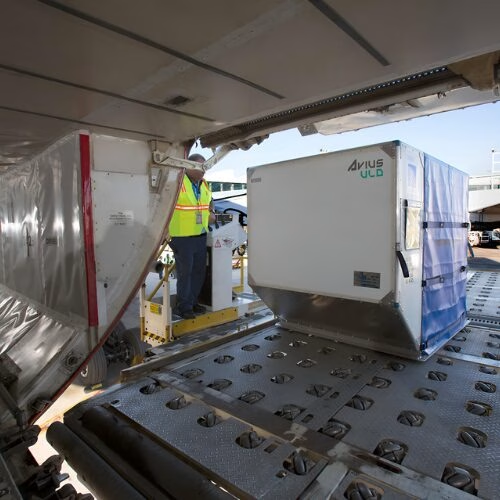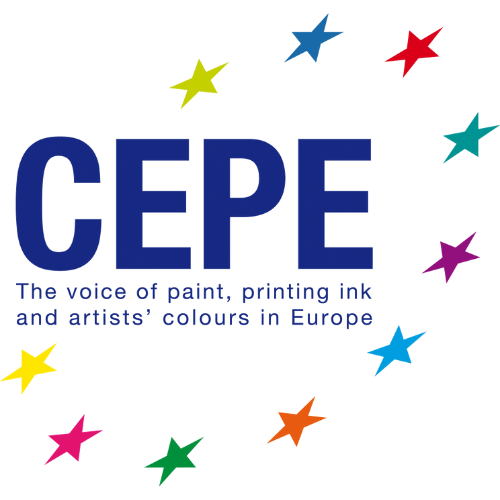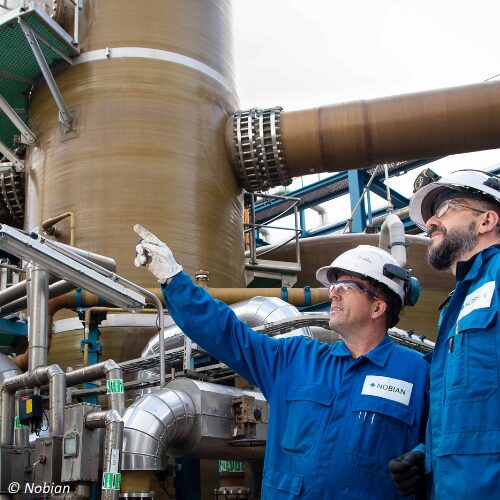Ecomatters has supported Quik’s Quality Potatoes B.V. in the calculation of their Scope 3 emissions in accordance with the Greenhouse Gas (GHG) Protocol Corporate Value Chain (Scope 3) Accounting and Reporting Standard. Quik’s Quality Potatoes is a specialist in the supply of unprocessed potatoes and chilled potato products and specialties to customers in the retail, food service and food industry sectors for almost 90 years.
The Scope 3 Standard includes 15 categories that refer to all other indirect emissions (not included in Scope 2 emissions) that occur upstream and downstream in a company’s value chain. They can represent over 90% of a company’s Scope 1, 2 and 3 emissions.
Ecomatters has performed the calculation of Scope 3 emissions by developing an Excel-based tool. The preparation of this tool had the aim to perform a one-time Scope 3 calculation, enabling Quik’s Quality Potatoes to maintain the tool and/or update it for future accounting and reporting purposes.
Calculation principles and methodology
The key steps that were followed to perform the calculation of the Scope 3 emissions are:
- Identification of the organisational and operational boundaries
- Definition of the Scope 3 categories that are most relevant to the company
- Selection of the calculation method and identification of the type of data
- Data collection
- Calculation of Scope 3 emissions
- Development of an Excel-based tool
Firstly, the organisational and operational boundaries were set for GHG accounting; these represent the activities and operations associated with the company. This was followed by the selection of the categories that are relevant through a screening of materiality. Subsequently, the calculation methods were selected based on the type of data available. For this study, the average-data method and the spend-based method were used. In the former case, emissions are based on secondary process data, therefore average quantity data is retrieved. In the latter case, emissions are based on secondary monetary data, where the monetary value of the product or service is considered. The emission factors were retrieved from various databases, primarily Ecoinvent when the average-based method was considered and Exiobase, when the spend-based method was applied. The emission factors were then used to calculate Scope 3 emissions.
The data collection was conducted to obtain the required data for the calculation of the emissions. Finally, to facilitate this calculation, an Excel-based tool was developed to arrange the contributors to the impacts associated with Scope 3 emissions by category. In this Excel-based tool, for each of the categories a step-by-step description on the data processing and the calculation was included.
As a result of the collaboration in this project, Quik’s Quality Potatoes was provided with the results of their baseline Scope 3 calculation for the year 2023, which gives insight into the emissions within their value chain. Additionally, the tool will enable Quik’s Quality Potatoes to update the calculation of their Scope 3 emissions in the years to come, supporting them in their sustainability reporting activities.
Below is a testimonial quote by Quik’s Quality Potatoes about our collaboration:
With the support of Ecomatters we are now able to calculate our own scope 3 emissions every year by ourselves and also improve the calculation by using primary data from suppliers when available. We look back on a good and professional collaboration.
If you would like to learn more about our work calculating Scope 3 emissions or have questions about how we can help you reach your sustainability goals, contact us.
